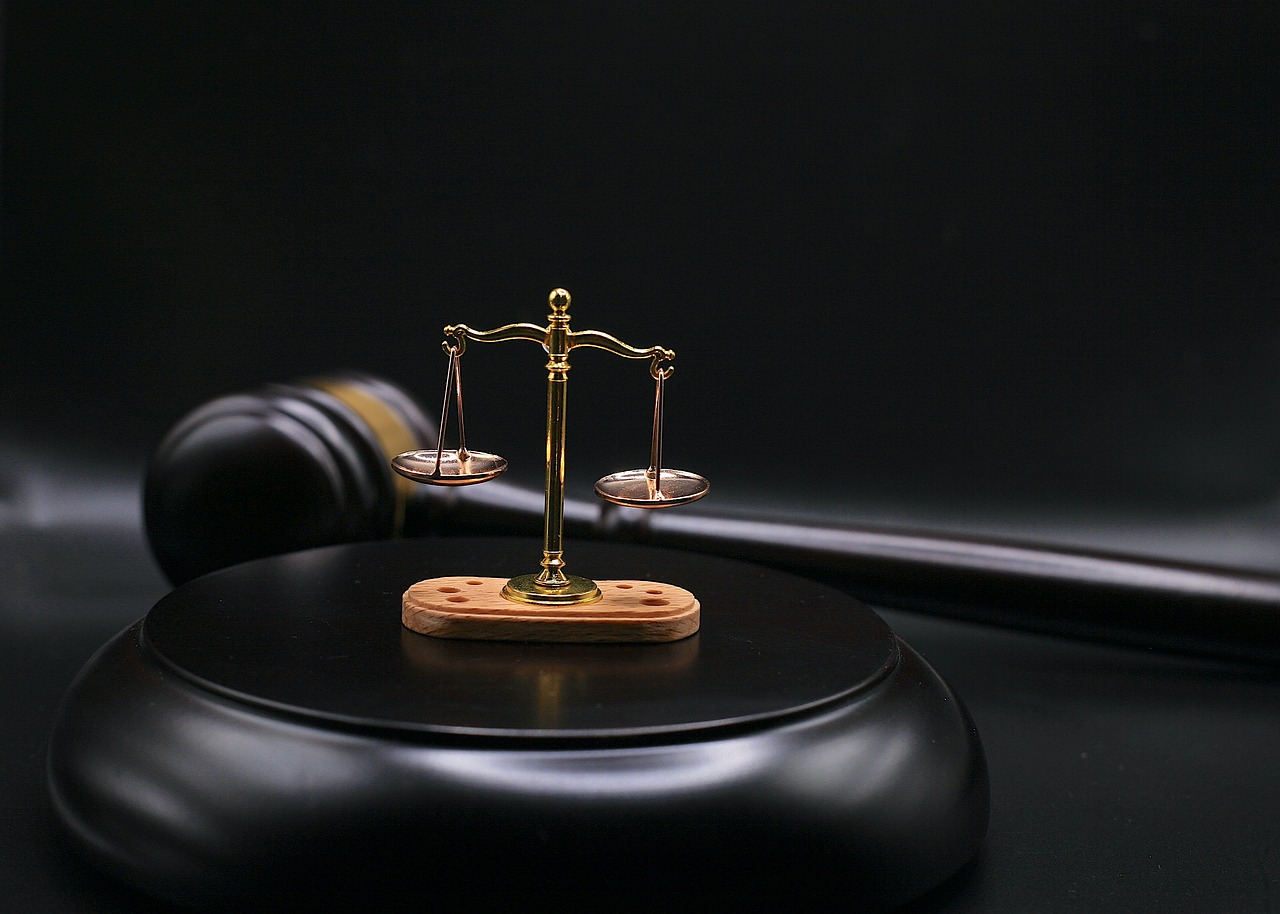Car accidents can be deep, traumatic experiences that leave you feeling overwhelmed and uncertain about your next steps. Whether it’s a tiny fender bender or a fatal collision, knowing when to seek legal help is a must to protect your rights and ensure you receive the compensation you deserve. But how do you know when it’s time to lawyer up? The truth isn’t always clear-cut. That’s why we’re going to show you some scenarios where having a car accident attorney galveston by your side can make all the difference in navigating the aftermath of an accident.
Serious Injuries
 This can turn your life upside down in a flash. If you’ve sustained significant damage, like fractures or traumatic brain injuries, seeking legal help should be a priority. Medical bills, without realizing it, pile up quickly, and you may face long-term care needs that drain your finances.
This can turn your life upside down in a flash. If you’ve sustained significant damage, like fractures or traumatic brain injuries, seeking legal help should be a priority. Medical bills, without realizing it, pile up quickly, and you may face long-term care needs that drain your finances.
The impact of serious injuries goes beyond just physical pain. Emotional trauma often follows as well, affecting relationships and daily activities. Navigating these challenges alone can feel daunting. A skilled lawyer understands the nuances of personal injury cases involving severe harm. They’ll ensure all aspects of your situation are considered when pursuing compensation. This includes medical expenses, lost wages, and even emotional distress.
Disputed Fault
After a car accident, determining fault can quickly become complicated. When both drivers have conflicting accounts of what happened, it’s not just frustrating—it can also impact your ability to receive compensation. If the other driver denies responsibility or offers a different version of events, you may find yourself in a difficult position. Insurance companies often take sides based on their assessments, which means your claim could be jeopardized by someone else’s narrative. Gathering evidence becomes crucial here. Dashcam footage, eyewitness statements, and police reports all play vital roles in establishing who was at fault. If these elements are unavailable or unclear, negotiations with insurance companies might lead to an uphill battle.
Insurance Companies Lowball You
After a car accident, dealing with insurance companies can feel overwhelming. Their initial offers often seem enticing but are usually far from fair. Insurance adjusters are trained to minimize payouts. They might downplay your injuries or suggest that you’re partially at fault. This tactic is designed to protect their bottom line, not yours. You may find yourself receiving a lowball offer that barely covers medical bills or vehicle repairs. Many people accept these quick settlements without realizing the long-term consequences. Negotiating with an insurer requires knowledge about your rights and the true value of your claim. If you’re unsure how to approach this process, it’s wise to consult a lawyer who specializes in auto accidents.
The Other Driver Is Uninsured
 Without insurance, the other driver may not have the funds to cover your damages or medical expenses. This situation leaves you in a tricky position regarding how to proceed. Your own insurance policy could come into play here. If you have uninsured motorist coverage, this may help alleviate some of your worries.
Without insurance, the other driver may not have the funds to cover your damages or medical expenses. This situation leaves you in a tricky position regarding how to proceed. Your own insurance policy could come into play here. If you have uninsured motorist coverage, this may help alleviate some of your worries.
However, navigating these claims often requires expertise. Settling disputes with an uninsured party can become complex and frustrating. Legal guidance can provide clarity on your options and ensure you’re treated fairly throughout the process. Navigating these challenges alone may not be advisable; understanding when it’s necessary to lawyer up makes all the difference after a car accident. Your well-being should always come first.…





